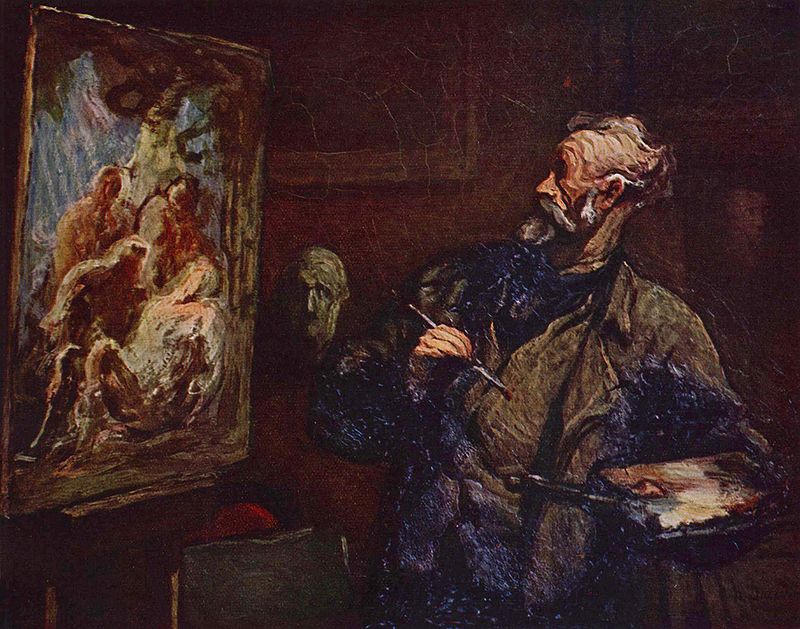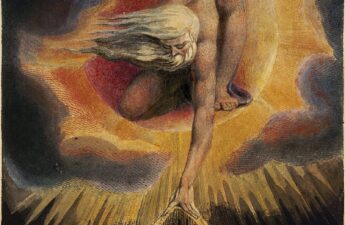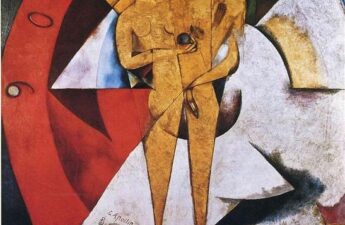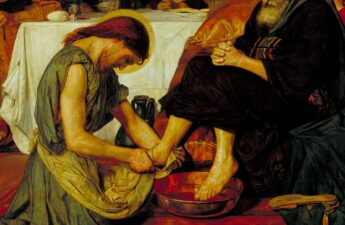“Creativity is not simply a property of exceptional people but an exceptional property of all people.”
Ron Carter, 2015, Language and Creativity: The Art of Common Talk
The term ‘creative’ often seems like it is reserved for the ‘other’.
Most people can’t invent a new form of technology, or build a wondrous story from the depths of their mind. People possess different levels of creativity- some are overflowing with it, while for others it seems like they haven’t a single drop. For creative types, they have no choice but to create, it surges out of them and regardless of anything else, they must have a creative outlet in their life. For everyone else, the thought of trying to create something is horrific; how are you meant to just ‘come up’ with an idea, or create something from nothing- it’s a painful, gritty, cumbersome process which is best avoided.
The mistake most of us make is thinking that what we create must be good.
If we don’t write the next ‘Crime and Punishment’, it’s pointless to write at all. Why bother going outside to paint the flowers when a million people have done it better before us? The great creatives are held in high esteem because their creativity is met with talent in their respective field and they create something great. But often what we love the most is that which is an extension of ourselves. We love the art that elevates us, the song that transports us, the book that speaks to us. And here, in part, is why it is worth following our own creativity, no matter how clumsy.
“I say unto you: one must still have chaos in oneself to be able to give birth to a dancing star.”
Friedrich Nietzsche, 1883, Thus Spoke Zarathustra
Creativity is a reflection of self, it’s an extension of our thoughts and imagination.
It can help us to better understand who we are and where our mind is at. On top of that, when we leave aside the fright of getting it wrong, the process of creation can be elating. Making that piece of pottery, writing a poem or working on your garden provides the satisfaction of producing something. Creativity is development, progress, and construction. In creating something, no matter how good or bad, we are in development. We have made something that wasn’t there before. We have engaged in a new mental process.
Chances are, you aren’t going to write a symphony, but the process of creation is a worthwhile activity in its own right.
Unless it is accompanied by some large amount of talent, most people aren’t going make money out their creative pursuits, but it enriches their lives endlessly. Creativity, in whatever form it takes, engages with our soul, and that engagement is essential for everyone. For those who shy away from their creativity because they believe themselves unfit, the ironic part is that the more we engage with our creativity, the further it will open up to us. The more we partake in a creative pursuit, the better we get at it and the better the finished product becomes. But in order to begin, we must leave aside the idea that for it to be worthwhile, what we create must be great. The act of creation holds magic all on its own.
“Peaks of creativity are, of course, rare, as are peaks of strength, beauty, or goodness. We are a gifted species, but feats like penning a Hamlet, or formulating the relativity theory, or inspiring satyagraha by the millions do come but once in a long while. But peaks are not the only attractive or important features of a landscape. There are also vales and moors and meadows and waters and woods. The layperson may look at the sun and conclude there is no worthwhile light elsewhere. She would be mistaken. Lesser human creativity is scattered widely, like the lights of a city at night, and in its own way, is quite attractive and useful.”
Pradip Khandwalla, 2004, Lifelong Creativity




